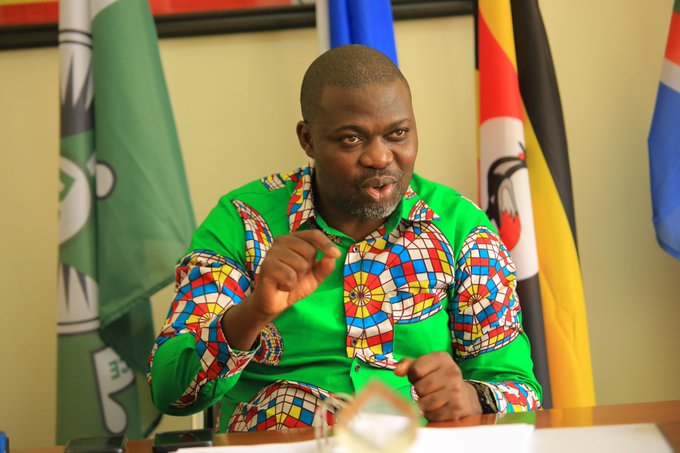Health experts from Mulago, Uganda’s National Referral Hospital and the University of Toronto, Canada have urged government to consider extensive research on the nodding disease syndrome, which continues to inflict pain and death among children in the Acholi sub-region.
The experts who included Dr. Sylvester Onzivua, a consultant pathologist at Mulago Hospital and Prof. Michael Pollanen, a pathologist at the University of Toronto appeared before the Committee on Health, where they presented preliminary findings on a study by Prof. Pollanen on the nodding syndrome disease in Kitgum district.
They were concerned that the disease which broke out in the 1990s and has affected over 5,000 children has no known cause and treatment.

“The early epidemiological studies showed clearly that there is a relationship between the disease and the Lord’s Resistance Army insurgency, but we do not know what aspects of the war are responsible?” said Prof. Pollanen adding, “We are asking: was there any environmental challenges; were there any effects on the water due to the war that affected people?”
Dr. Onzivua said there was need for both clinical and epidemiological studies that would perhaps lead to a lasting solution.
“This disease can be studied. For example, one can make a detailed profile of the 5,000 cases. We also need clinical studies for those living with the disease to monitor how the disease is progressing,” he said.
He was also concerned that presently there is no laboratory method to diagnose and confirm the nodding disease, saying that scientists cannot predict and control its likely future prevalence.

The Chua West MP, Okin PP Ojara, said his constituents have harbored unanswered questions on why the disease affects only children, and why it has concentrated only in Acholi.
“We are wondering, did the problem come from the relief food given to children during the insurgency, because there were many NGOs that distributed food and provided health care,” he said adding “We are also wondering whether there were some failed vaccine trials by then.”
He said the affected communities are the most vulnerable and called for urgent humanitarian response from government.
“I request this committee to cause an urgent meeting with all stakeholders and the Office of the Prime Minister and provide immediate support because we have observed that when children with the syndrome are fed well they improve,” said Ojara.
Committee Chairperson, Dr. Charles Ayume, said that the committee will have to visit the affected communities to determine the next course of action.
“The committee is interested in visiting the affected communities, interface with local leaders, political leaders, and the health facilities such that when we cause a meeting we are acting from an informed point of view,” Ayume said.

Ayume justified the need for research stating that, “there is an unanswered part of science that calls for continuous research; there may be new cases, there could be upcoming signs that require follow up, so research is required for these neglected tropical diseases.”
By December 2022, at least 550 children had nodding syndrome in Acholi sub-region and were in critical condition. Preliminary data collected by Archbishop John Baptist Odama Care Center Kitgum-AJBOCCK in April 2022 indicated that there were 4,925 children in Acholi sub-region with nodding syndrome and 550 of these were to be taken care of at a care center.
Out of the 550, Kitgum had 62, Pader 431, Omoro 42, Amuru 8, and Lamwo had seven (7) who were critically ill. In October 2022, AJBOCCK started taking care of children with nodding syndrome whose conditions were severe. Stephen Oyet, the chairperson of AJBOCCK, revealed that they were able to take full care of six (6) children at the care center instead of the planned 250 children.
Source: Parliament of Uganda, the Independent
centralupdates31@gmail.com





